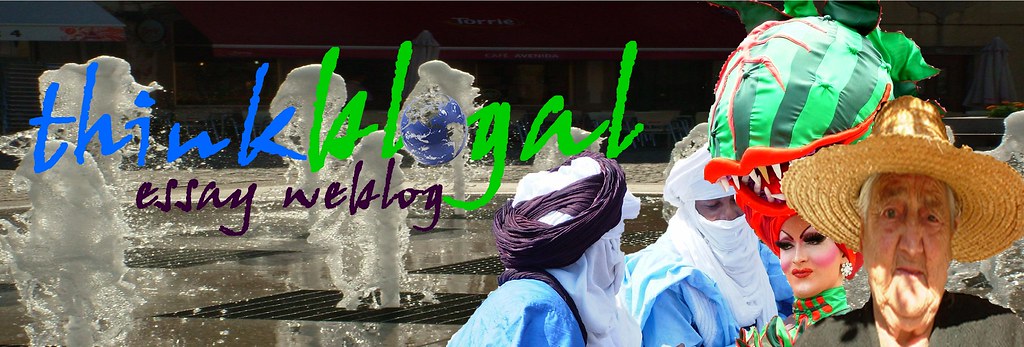Love versus Reality by Dirk Salowsky
Brokeback Mountain was not a first-timer as far as the aspect of sexually deviant double lives is concerned. Examples are “Making Love” (USA, 1982) or “No se lo digas a nadie” (“Don’t tell anyone”, Peru, 1998). Peru was outraged by this film that shows young Joaquín (Santiago Magill) growing up in Lima’s upper class, trying to come to terms with his homosexuality in the utterly homophobic environment of a deeply catholic country. Culturally accepted values of heterosexual machismo make it even harder – and even more dangerous – to deviate from the norm, which is why at some point he ends up with a girlfriend. But also Joaquín finds a mate, Gonzalo (Christian Meyer Zender), who is the fiancé of his girlfriend’s best friend. Unlike the two cowboys, neither of them admit their love for each other. When Joaquín raises the topic of a relationship between the two after one further occasion sharing a bed, Gonzalo rejects the idea by stating that he is not gay. While at an early point of Brokeback Mountain both lovers utter the same lie, they later consciously abide by their love for each other. This very point, however, makes an interesting difference.
In “No se lo digas a nadie” Joaquín actually tries to force Gonzalo into a relationship by revealing their secret meetings and his real love to the girlfriends. He is taken for a lunatic and is only able to return to a normal life when he abandons the taboo of living as an overt homosexual and returns to live with his former girlfriend. He even meets Gonzalo on his wedding day, and only after reassuring him that his former plan of being gay was nothing but a foolish idea, Gonzalo offers to meet him again for regular sex. A Peruvian friend told me that for gay men in her country, this way of life in self-denial is a common solution. More than that, it seems to be an indisputable social norm. Sad but true, this means that “what must not exist, does not exist”. In such a context, who will dare talk of love between two people of the same sex?
Brokeback Mountain does talk about it – it is subtitled: “Love is a force of nature”. I smiled when I watched the movie and thought to myself: “So, why would a married guy drive hundreds of miles to see that one other guy if it was just about giving in to a ‘perverse sexual urge’ that can be satisfied way more easily?” And indeed, stating that homosexuals can and do really love their partners and not only select them to satisfy their ‘by-whatever-caused sexual drive’ still seems very significant. One has to keep in mind the country of origin and its cultural mindsets. Love is normal, love is natural, love is sane. Granting the ability to love makes it very hard to define homosexuality by merely sexual aspects and thus declare it a choice, a defect or a sin. It makes it hard – but not impossible.
As for cultural mindsets: Heath Ledger, leading actor of this film, was very busy telling everybody that he was happy thanks to his wife and their baby when he met reporters on the red carpet on the night of this year’s Academy Awards. He probably anticipated another round of being asked whether he was at least a bit gay or not. It was a shame, for he easily could have answered: “And what difference would that make for the movie?” or something to the same effect. At least Ang Lee, award-winning director, repeated the message his film tried to transmit by talking about the “miracle of love itself”. In the United States that message has actually reached some, while others still have to get over that romantic kiss by two men. There are many roads still to be walked down.
Needless to say that many other countries in this world won’t see a homosexual alive for long, and lives are rather taken than love granted. Reality is never where it should be, it is where you are.













<< Home